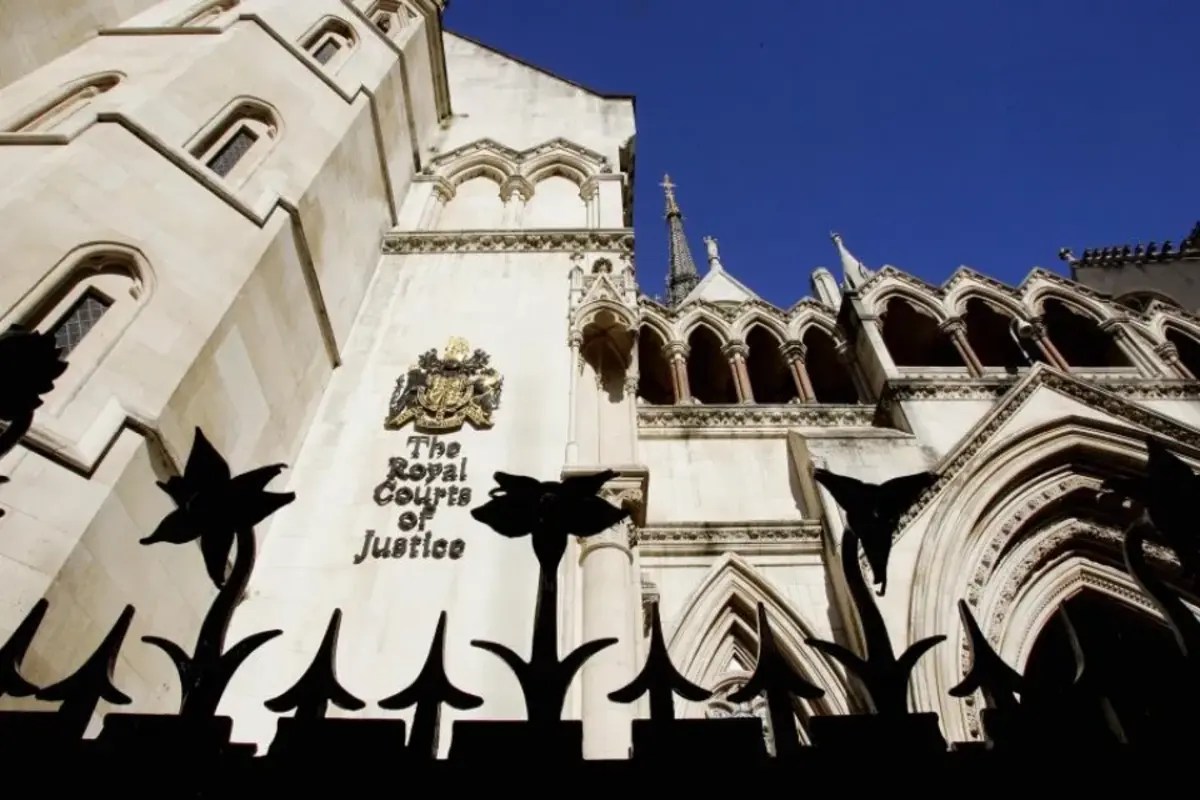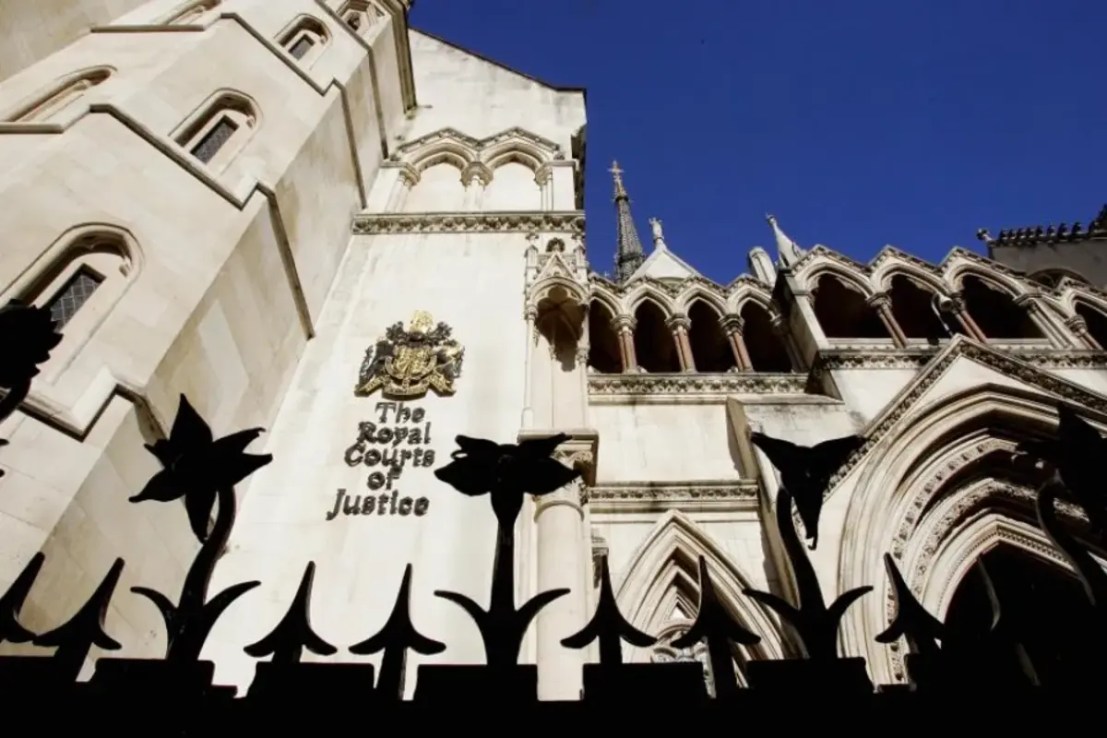Prestige oil spill: Insurer London P&I Club faces French and Spanish states in English court
Insurer London P&I Club is facing both the French State and the Kingdom of Spain in a London court on Tuesday in a legal battle that stems over 20 years


Maritime insurer London P&I Club is facing both the French state and the Kingdom of Spain in a London court on Tuesday in a legal battle that spans over 20 years.
London P&I Club has been in a long-running dispute with Spain concerning the loss of a vessel off its coast in November 2002.
An oil tanker M/T Prestige sank off the coast of Galicia resulting in the country’s worst environmental disaster.
The sinking of the vessel caused thousands of miles of coastline to be polluted with 50,000 tonnes of oil.
London P&I Club was the liability insurer for the owners of the vessel.
There were criminal and civil proceedings in the Spanish courts in which the master of the vessel was convicted of the offences of serious negligence against the environment and disobedience to the authorities.
While the insurer was found civilly liable up to a $1bn (£770m) global policy limit, for damages arising out of pollution following the loss of the vessel, as set out by a Spanish court.
The French state was one of the claimants in the Spanish proceedings, and was informed by the Spanish court it was entitled to seek enforcement against the insurer of up to about €117m (£97.4m).
However, the British insurer contended that Spain was obliged to pursue these claims in London arbitration rather than civil litigation in Spain.
In the latest of the long-running series, both Spain and France went to the English High Court in 2023 over separate issues.
The English proceedings are highly complex, with a number of challenges initiated by each of the parties.
This included an arbitration award that blocked France from enforcing a judgment as well as an appeal by the insurer against the registration of $1bn judgment.
The High Court ruled in favour of the British insurer last October in the Spanish case, declining to follow the decision of the Court of Justice of the European Union (CJEU).
The parties all go to the Court of Appeal on Tuesday, lasting seven days, as the judges will be looking at whether the judge was obliged to follow the judgment of the EJEC.


